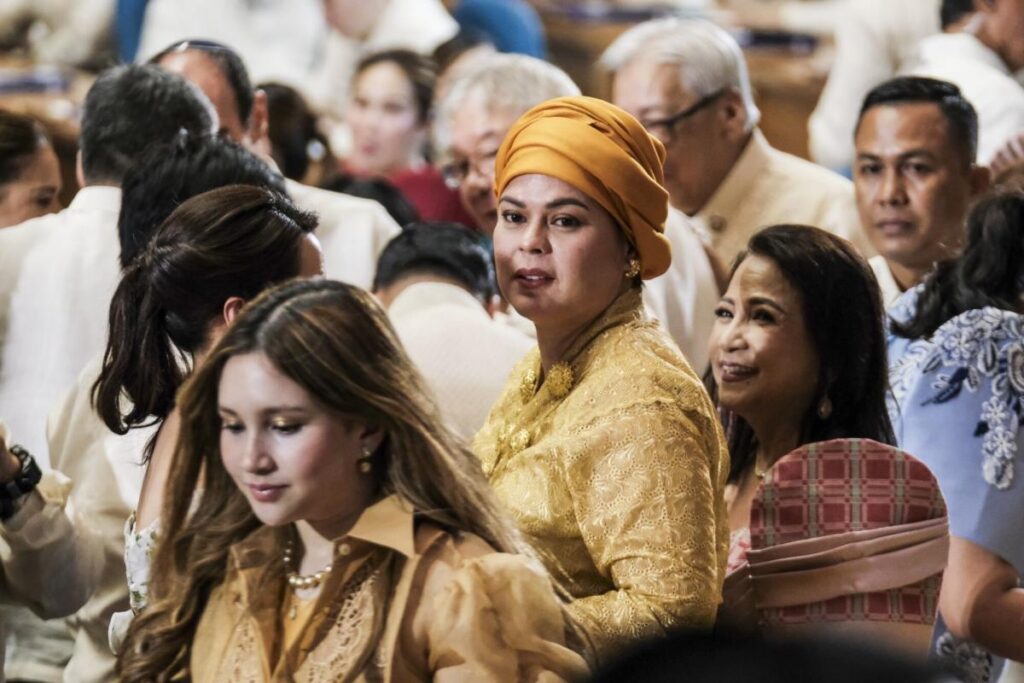Philippines Vice President Sara Duterte delivered a scathing critique of President Ferdinand Marcos Jr. on Friday, expressing her belief that he “doesn’t know how to be a president.” This marked a significant escalation in tensions between the two leaders since their political alliance began to deteriorate. During a live-streamed news conference, she asserted that she had compiled a list of impeachable offenses committed by Marcos, although she refrained from providing specific details. Duterte highlighted her concerns over Marcos’s apparent lack of a coherent governance platform, suggesting a failure in leadership.
The relationship between Duterte and Marcos has grown increasingly contentious since her resignation from the cabinet in June, which has prompted additional scrutiny from Congress. Marcos’s allies have criticized the vice president’s management of confidential funds and proposed budget cuts that significantly affected her office, slashing it by more than 60%. In response to these challenges, Duterte claimed that there were efforts within Congress to prepare an impeachment case against her, demonstrating the depth of the political rift.
Duterte has exhibited a defiant posture amidst these tensions. In a provocative statement, she invited her critics, saying, “drag me to hell,” emphasizing her readiness to confront opposition. Analysts have warned that the friction between the current president and the former president’s daughter could lead to political instability, which would have serious implications for the Philippines as it navigates economic growth and challenges in one of Asia’s rapidly developing markets.
Further intensifying the conflict, Duterte recounted a confrontation with Senator Imee Marcos, the president’s sister, during which she threatened to “dig up” the remains of the late dictator Ferdinand Marcos and dispose of them in waters claimed by the Philippines in the South China Sea. This dramatic proclamation underscores the deeply personal nature of the ongoing feud and reflects the enduring legacy of the dictatorial era in Philippine politics.
The backdrop to this escalating rivalry includes the fallout from the 2022 elections, where Duterte and Marcos campaigned as allies, securing a resounding electoral victory. However, the recent revelations of their fractured relationship have prompted President Marcos to express feelings of betrayal, especially after Duterte suggested that their personal rapport had not been sincere. Such sentiments highlight the complexities of political dynamics in the Philippines, where alliances can shift dramatically.
While the Marcos administration remains reticent, opting not to issue an official response to Duterte’s allegations, the situation continues to draw the attention of political analysts and the public alike. Many are observing not only the implications for governance but also the potential effects on the stability of the nation moving forward. As the situation progresses, the Philippines may face critical decisions regarding its leadership and political direction, with both domestic and international observers keen to see how this rivalry evolves.

